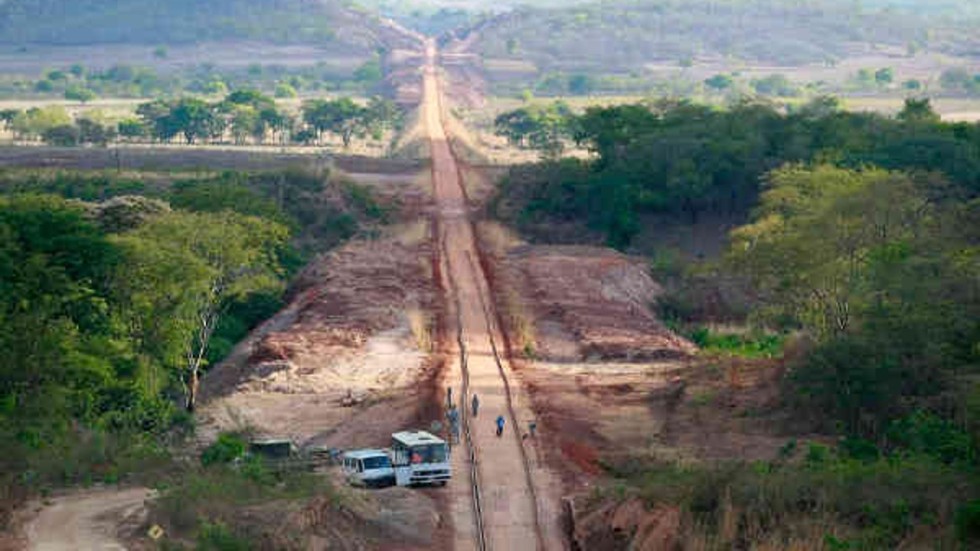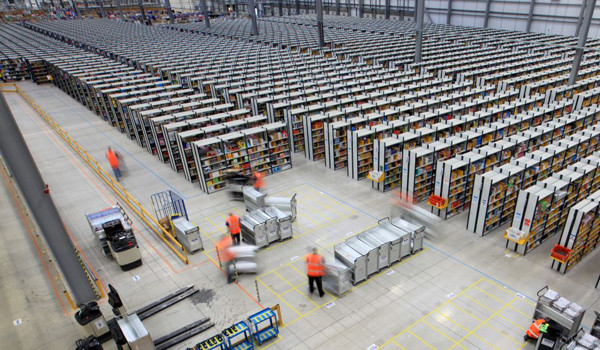This is an article I wrote to Bloomber, in partnership with Harris Group, a Chilean-Australian law firm. I`m not sure if or when the article has been published by Bloomberg, but I`m posting the original text.
This article describes legal changes that helped Brazil to climb a few positions in the Doing Business ranking from 2018 (as mentioned here).
Brazil
is a very large country, with clear regional differences. It is also organized
as a federation, which means that part of the state authority resides in the
member states. And, finally, it has a well-developed legal system, covering
most of the areas associated with modern democracies, such as environmental
controls, export quotas, etc. This legal system, however, is not backed up by
an efficient administrative body, but rather by a very fragmented and often
untrained team of public servants. As a result, entrepreneurs must face a
myriad of local and federal regulations, managed by a circuit of suspicious
bureaucrats.
This
is even more apparent during the export process. There is frequent confusion
regarding the production of documents. Different federal bodies have
conflicting and overlapping competencies. Some procedures are performed on
paper, while others are processed electronically, causing the exporter to type
in the same information two or three different times. Moreover, the individual
systems used by federal bodies do not communicate with the overall system,
called “Siscomex”. Due to this gap in communication, the exporter must keep a
physical file containing extracts of all the documents and licenses. This
dossier was kept in place in order to instruct the inspectors, in case a
physical inspection is needed.
In
order to solve this, the Brazilian government has been studying a way to
centralize the import-export procedure, making it more efficient. To this
effect, several rounds of public consultation have been carried out. The
government has also been continuously making changes to the Siscomex, in an
attempt to streamline the process: improvements were slowly taking place.
However,
since the traumatic impeachment process of 2015–2016, the Brazilian economy has
needed a burst of incentive to start running again. From the onset, President
Temer’s administration has been in a hurry to deliver reforms that would have
an immediate impact on results in GDP. It just so happened that the consolidation
of export procedures was the kind of cheap reform that could be implemented
quickly. It involved no major spending and the framework was already in place.
Indeed,
the unified export system has started with exports by air and, as of June 2017,
it became the main route for Brazilian exports in other modalities (road, rail,
maritime, etc. ).
The main rules that put the system in place were the Federal Revenue
Service/Export Secretary directive n. 349, from march 21, 2017 and the CONAMA
directive n. 14, from march 22, 2017.
A
description of the system’s main features and how it benefits business is
provided below.
Unified Declaration
Exports
are now managed through an easily accessible online platform
(ww.siscomex.gov.br). The system has been designed as a "single
window" platform, where several agencies can interact with the exporter.
The interaction includes the publishing of rules and clarifications and also
the exchange of documents and forms.
Moreover,
the export procedures have been streamlined. They now depend on a single
document, the Unified Declaration of Export (Declaração Unificada de Exportação, “DUE”).
However,
in reality, saying that the export process depends on a single document is not
absolutely correct. The DUE is drafted based on the tax invoice (another
electronic document, issued by any company in Brazil that is selling
merchandise, even within the country). Also, there may be additional
registrations regarding the identification of packages and cargo (as we will
see below). The great innovation is that the DUE, processed via the new
Siscomex page, replaces two or three other independent registrations that were
required, one at each step of the export process. Every time, the data had to
be typed in the system again and the process was prone to mistakes. Now, the
DUE moves along the path, maintaining all the relevant information.
Attachment of Documents—Special Approvals in one Place
One
of the best improvement brought about by the DUE is the path for exportation of
regulated products.
As
any other country, Brazil restricts or controls exports of several items. Some
are subject to quotas. Strategic products like oil and military equipment are
subject to limitations. Some are subject to specific regulations, such as
diamonds (which must receive the Kimberley certificate) or merchandise that is
dependent on sanitary controls. Before the DUE, each license or certificate
would have to be obtained independently and would later have to be somehow
added to the export documentation, or presented during an inspection.
Now,
these documents can be added to the system. Actually, the export procedure can
be initiated without them and the exporter may obtain the licenses over time,
as long as they are ready before shipping.
This
brings about another feature of the Siscomex single window platform. Additional
documents can easily be scanned, signed digitally and added to the platform,
This was not possible, or was very restricted, in the past.
Cargo Control
The
unified export system has also adopted a unified reference for cargo (call “RUC”).
This has been designed according to the WTO recommendations regarding a "Unique
Consignment Reference."
The
RUC allows for the aggregation of several invoices into a single cargo and will
be used to track shipments through all stages of the export process.
Management
of information related to packages and cargo used to be somewhat chaotic. This
is certainly a welcome improvement.
Detailed Specification
The
system allows for the insertion of additional details about the products being
exported. This feature aims at fixing a common problem, which was the request
for more detailed specifications by the Customs importers. Since the
information about the products was dispersed in several documents, and since
the Harmonized System Code (adopted in Brazil with some modifications and
called the “NCM code”) allows for generic classification (such as
"other"), it was common to see a merchandise identified by its NCM,
by a written description, and by some other code used internally by the
Brazilian customs or tax authorities.
The
system has been designed to coordinate and centralize all description in a
single place. The identification will be complemented by a Global Product Code
(created by GS1).
Test Mode and Consultation
A
relevant feature is that the system has a testing mode, which allows the
exporter to simulate the operation beforehand and to check whether additional
licenses are required.
Conclusion
In
summary, the system certainly brings a lot of improvements. It is being
continuously improved and tends to make Brazilian exports much more agile.
The
end goal is to reduce export times from 13 to 8 days and import times from 17
to 10 days. The Portal also aims to increase transparency by allowing companies
to monitor the progress of their operations in detail over the internet.
According
to the Doing Business study
conducted by the World Bank, an export of a containerized good in Brazil takes
on average 13 days to complete. An import of the same type of product requires
17 days. Additionally, it costs $ 2,215 on average to export a container from
Brazil (excluding taxes), while for imports the same costs add up to about $
2,275. This number puts Brazil in 124th place in the Doing Business trading across borders ranking.
With
the Unified Foreign Trade Portal, the goal is to have export times from Brazil
reduced by 38.5 percent to a maximum of 8 days, in line with global best
practices, by 2017. As for imports, the aim is for average terms to be reduced
to 10 days, a 40 percent decrease from current levels, by 2017. As a result of
the time reductions and consequent money savings, Brazil intends to be among
the 70 best countries in the world for foreign trade. Time will tell if
this becomes reality.
————-
Harris Gomez Group is a law
firm with offices in Santiago, Bogotá, and Sydney. We also have legal teams in
Mexico, Peru, Bolivia, Brazil, and Argentina. Over the last 16 years, we
have been supporting foreign companies with their growth in
Latin America. Many of our clients are technology companies,
service providers and engineering companies that focus on the mining, energy
and infrastructure markets.
To better understand how we can
support your management team, please contact Cody Mcfarlane at
cmm@hgomezgroup.com




